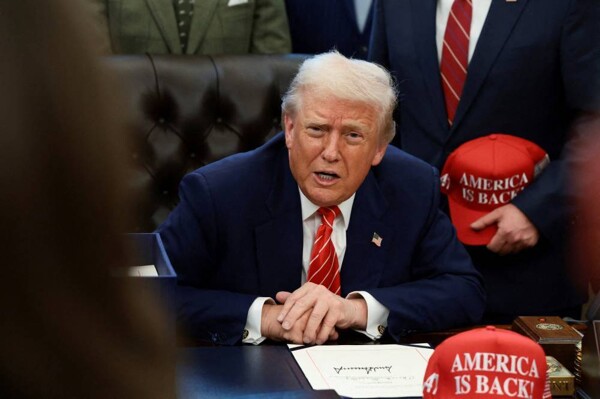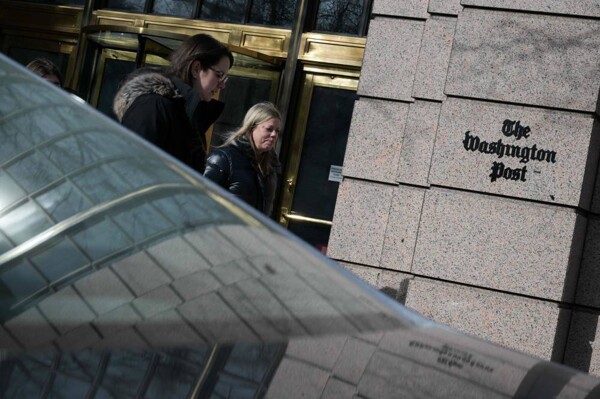
Three federal appeals courts rejected the Trump administration's requests, including one in Massachusetts on Tuesday, March 11. The order signed by Donald Trump denies citizenship to those born in the United States after February 19 if their parents are in the country illegally. The administration is seeking the Supreme Court's permission to allow these restrictions to go into effect partially while legal disputes are resolved.
In emergency requests filed with the Supreme Court, the administration asks to limit the court orders issued in Maryland, Massachusetts, and Washington that block the order. Currently, the order is blocked nationwide and prevents U.S. agencies from issuing documents that recognize the citizenship of the affected children.
About twenty-four states have sued, claiming that the executive order violates the 14th Amendment of the Constitution, which grants citizenship to anyone born in the United States. The Department of Justice argues that individual judges do not have jurisdiction to apply their rulings nationwide.
The Trump administration seeks to have the Court allow the plan to be implemented for everyone except the group that sued, arguing that the states do not have the legitimacy to challenge the executive order. They also request at least to be able to make public announcements about how they will carry out the policy if its implementation is allowed.
Although five conservative justices of the Court previously expressed concerns about nationwide or universal restraining orders, the Court has never ruled on the issue. In previous disputes, such as the travel ban for citizens from predominantly Muslim countries, the Court backed Trump's policy without addressing the issue of nationwide restrictions.















